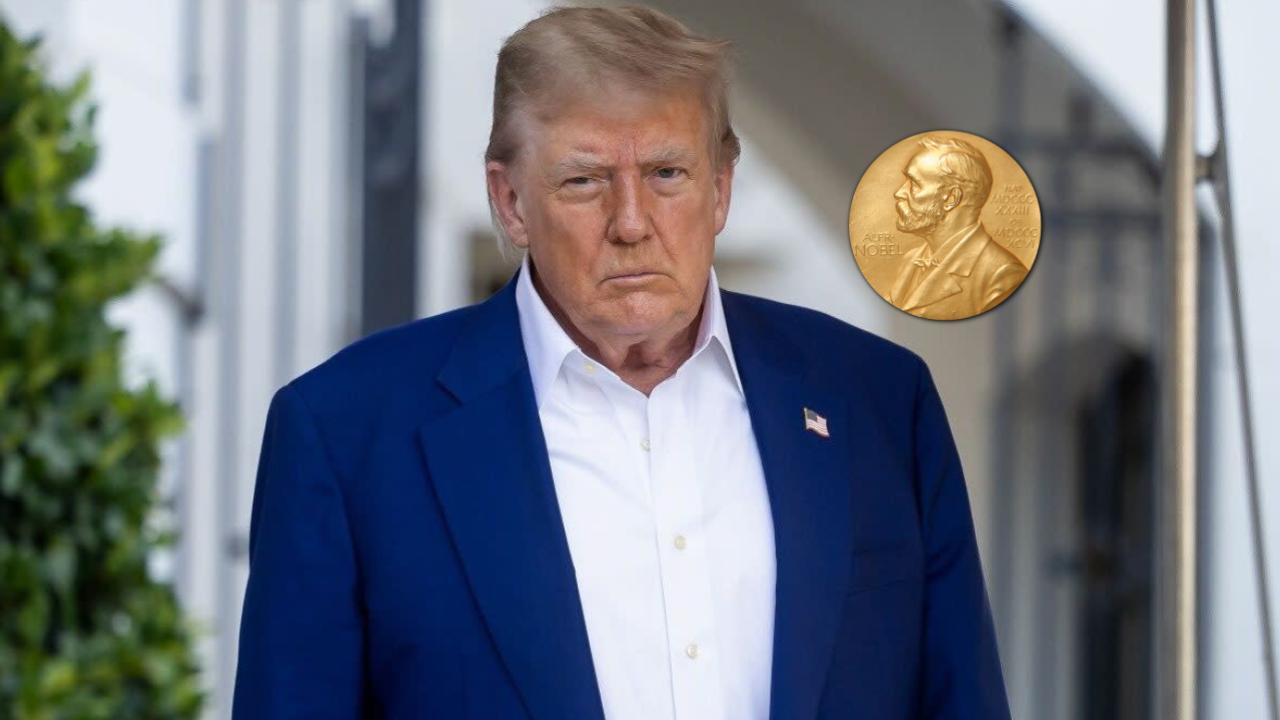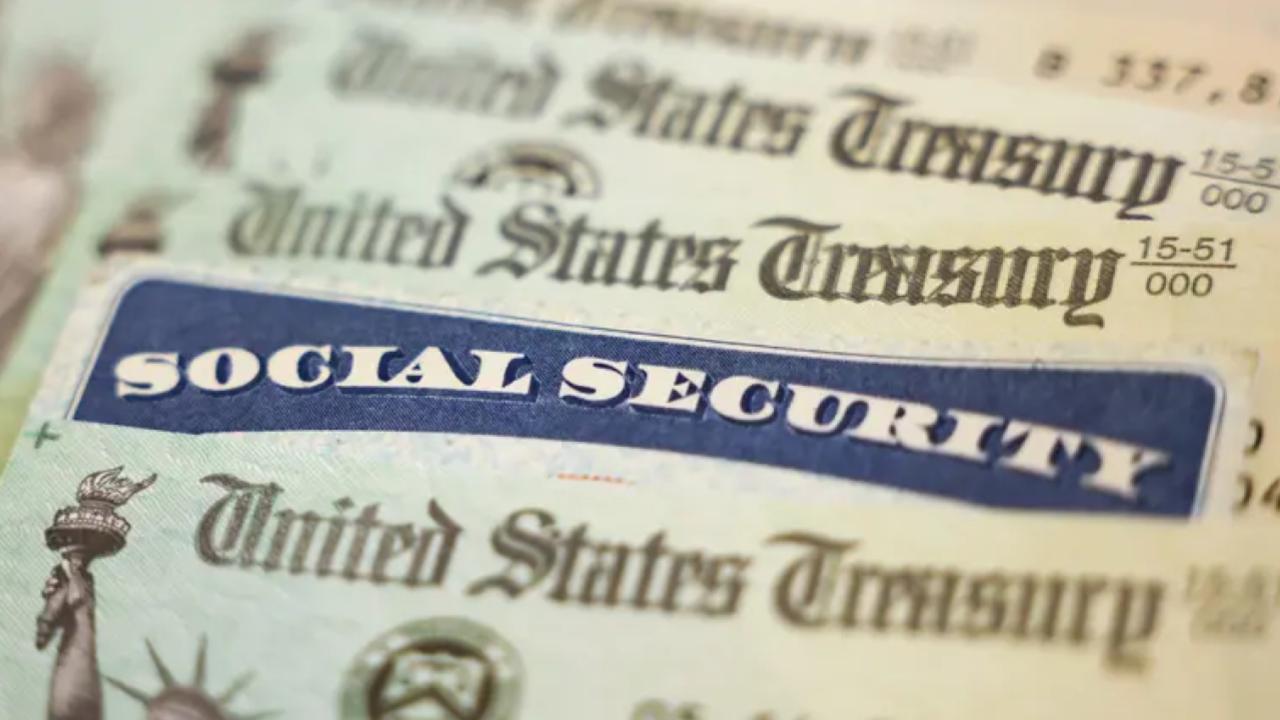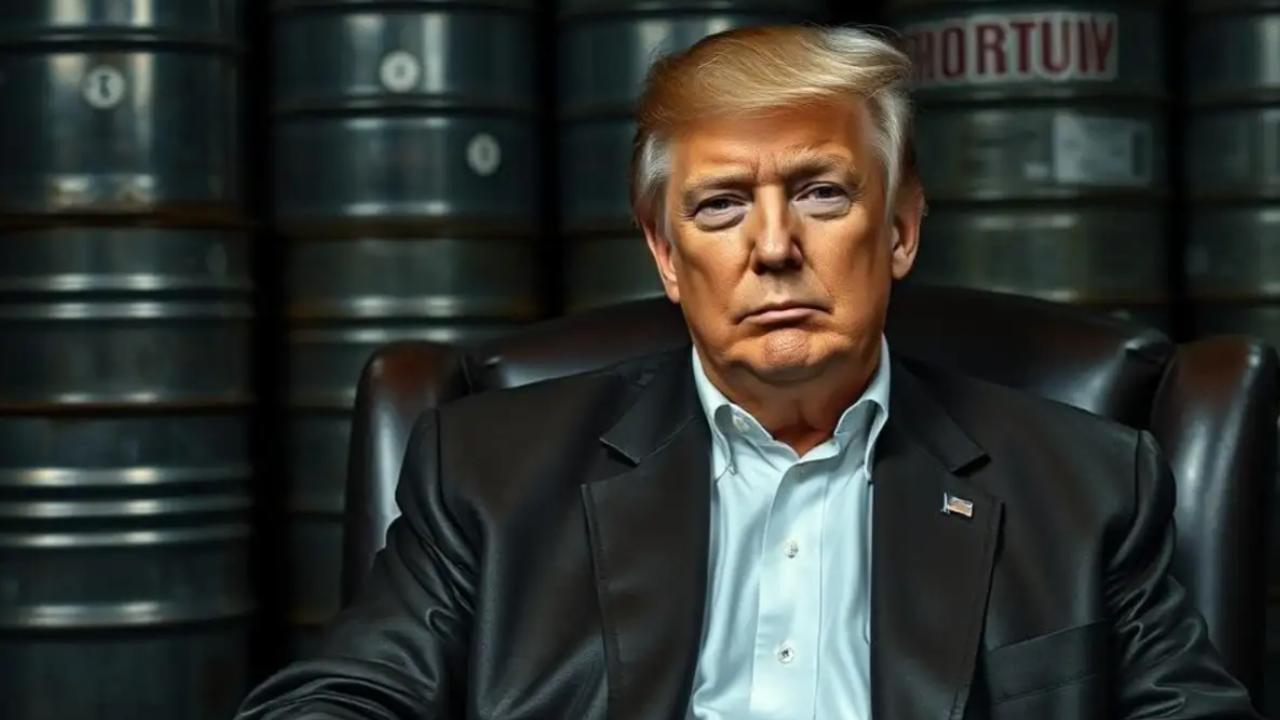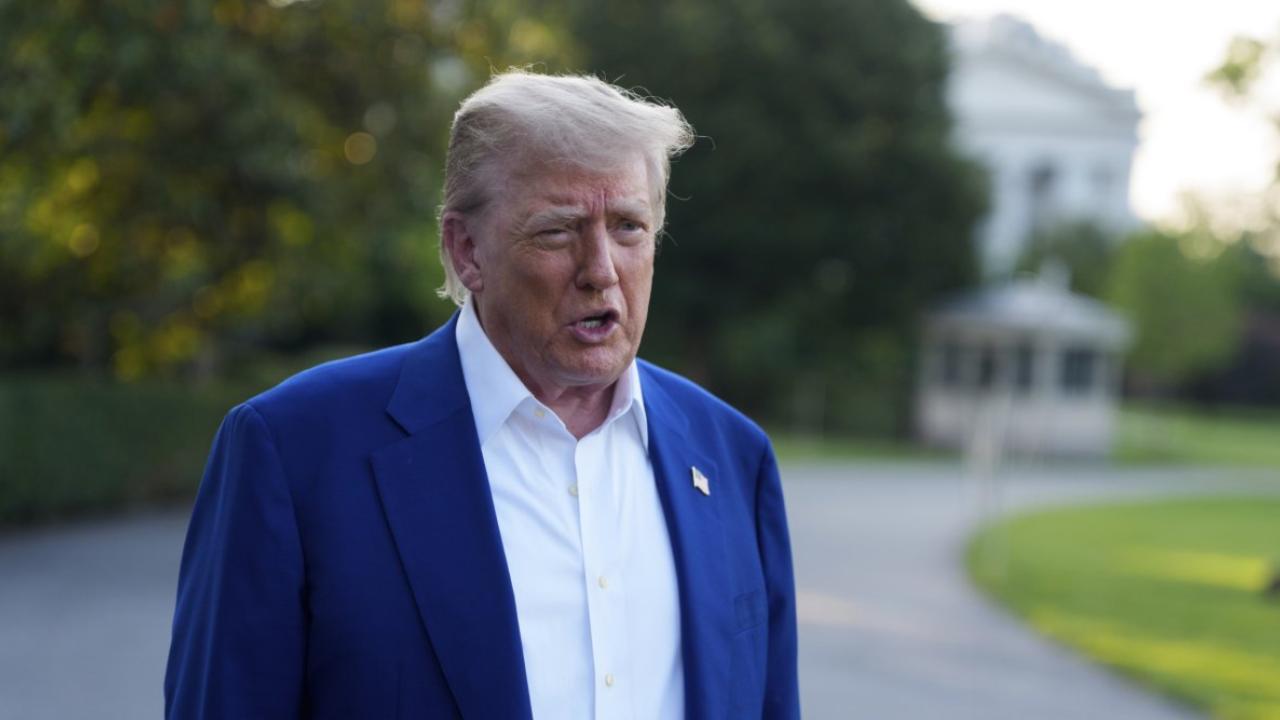In a dramatic escalation of rhetoric and diplomatic tensions, former U.S. President Donald Trump recently claimed that Iran had warned the United States of potential attacks on its military base in Qatar. This revelation, if proven true, could have significant implications for the already volatile relationship between the U.S. and Iran, as well as for the broader geopolitical stability of the Middle East.
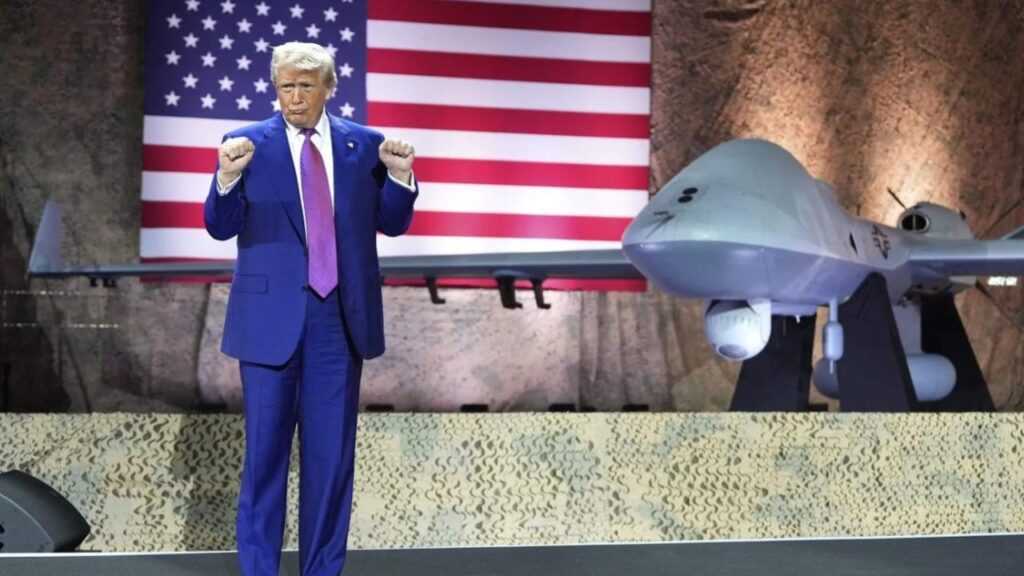
The threat to the U.S. base in Qatar—one of the most strategically important American military outposts in the region—could signal a shift in Iran’s posture toward its Western adversaries and further exacerbate existing tensions in the Gulf. But what exactly does this claim mean for the future of U.S.-Iran relations, the broader Middle Eastern landscape, and global security?
In this article, we will break down the implications of these claims, explore the historical context behind U.S.-Iran relations, and discuss what this development could mean for global tensions in the coming months.
Trump Claims Iran Warned of Upcoming Attacks on U.S. Base in Qatar
| Key Insight | Stat or Claim |
|---|---|
| U.S. Bases in Qatar | U.S. has 10,000+ troops stationed in Qatar. |
| Iran’s Military Strategy | Iran’s military forces are strengthening their presence in the Gulf. |
| Heightened U.S.-Iran Tensions | U.S. has imposed over 1,000 sanctions on Iran since 2018. |
| Geopolitical Impact | Middle East remains a hotbed of international conflict. |
As the situation continues to unfold, one thing is clear: the relationship between the U.S. and Iran remains fraught with danger and uncertainty. Whether or not the claim made by Trump about Iran’s warning proves to be true, the prospect of escalating tensions in the Gulf is a serious concern for global security.
The U.S. must tread carefully in its response to any potential threats, balancing the need for military readiness with diplomatic efforts to reduce tensions. The broader international community, including allies in Europe and the Middle East, will also play a critical role in shaping the outcome of this ongoing conflict. The coming months will be critical in determining whether a new conflict will break out in the Gulf or whether cooler heads will prevail in what has already become a highly volatile region.
Understanding the Claim: Trump’s Assertion About Iran’s Warning
Donald Trump’s assertion that Iran had warned the U.S. about potential attacks on its base in Qatar is the latest in a series of highly charged statements about Tehran. The U.S. base in Qatar, home to the Al Udeid Air Base, is crucial to American military operations in the region, particularly in operations concerning Afghanistan, Iraq, and Syria. The base is also an important hub for intelligence operations, surveillance, and airstrikes.
While Trump’s claim might initially appear as a provocative statement aimed at bolstering his own political narrative, it’s important to take into account the broader context of U.S.-Iran relations. The relationship between the two nations has been defined by mistrust, economic sanctions, and military engagements for decades. The 2015 nuclear deal (Joint Comprehensive Plan of Action) was a brief thaw in this tension, but the 2018 U.S. withdrawal from the agreement under Trump’s administration reignited hostilities.
If Iran did indeed send such a warning—either directly or indirectly—it would represent a significant shift in its approach to engaging with the U.S. from a strategic standpoint. Iran has long employed asymmetric warfare tactics, relying on proxy forces and cyber-attacks, but the idea of openly warning the U.S. about an impending attack could signal an escalation to a more direct confrontation.
The Role of Qatar: A Strategic U.S. Ally in the Gulf
Qatar is a small but incredibly influential player in the Middle East. The tiny peninsula has historically been a key ally to the United States, hosting several major U.S. military bases, including the aforementioned Al Udeid Air Base. Qatar has navigated a delicate diplomatic balance, maintaining relationships with both the U.S. and Iran while also fostering ties with regional powers like Saudi Arabia, Turkey, and Egypt.
The presence of U.S. troops in Qatar has made the country a target for Iranian-backed groups, particularly militias and other factions operating in Iraq and Syria. Iran has historically criticized the U.S. military presence in the Gulf, viewing it as an unwelcome foreign interference in the region. Any threat of direct action against U.S. interests in Qatar would represent a dangerous new escalation in this longstanding regional power struggle.
Iran’s Motivation: Why Attack a U.S. Base in Qatar?
Iran’s motivations for potentially threatening or attacking U.S. assets in Qatar could be multi-faceted. The Middle East has been the stage for numerous proxy wars in recent years, with the U.S. and Iran backing opposing factions in Syria, Iraq, and Yemen. Iran’s Supreme Leader, Ayatollah Ali Khamenei, has long viewed the U.S. as the primary threat to Iran’s regional ambitions.

The recent rise in Iran’s military capabilities, including missile and drone technology, has raised alarms among U.S. officials. The U.S. has responded by increasing its military presence in the region, which has, in turn, triggered more aggressive rhetoric and posturing from Tehran. For Iran, an attack on U.S. bases in Qatar could be seen as a strategic move to undermine U.S. influence in the Gulf and to signal to regional allies that Iran remains a dominant power in the region.
Further complicating the issue is the ongoing conflict between Israel and Iran. Israel’s close relationship with the U.S. has made it a prime target for Iranian-backed groups, and Qatar’s relative neutrality may have made it an attractive location for U.S. forces to operate. As such, any attack on U.S. interests in Qatar could further entrench the broader conflict involving Israel, Saudi Arabia, and other regional players.
U.S. Response: Possible Military and Diplomatic Retaliations
In the aftermath of an alleged warning or attack from Iran, the U.S. would likely have several options at its disposal. These could include direct military strikes against Iranian assets or proxies in the region, enhanced sanctions targeting Iran’s economy and military, or diplomatic measures aimed at de-escalating tensions.
While the U.S. is still reeling from the effects of the Iran nuclear deal withdrawal, some experts believe that a military confrontation would be detrimental for both sides. Military engagement could destabilize the region even further, leading to unintended consequences for U.S. allies and interests in the Gulf, as well as a potential rise in global oil prices due to disruptions in the flow of oil through the Strait of Hormuz.
Additionally, diplomatic efforts to address Iran’s nuclear program remain a central focus of U.S. foreign policy. The Biden administration has continued to push for negotiations with Iran, but any escalation from Tehran would complicate these diplomatic efforts and make future negotiations even more difficult.
The Global Impact: How Will This Affect Global Tensions?
The ramifications of an Iran-U.S. military escalation could ripple across the globe, affecting not only the Middle East but also international markets and diplomacy. As the world’s largest oil exporter, the Gulf region plays a pivotal role in the global energy market. Any attack on U.S. assets in Qatar could spark a surge in oil prices, affecting economies worldwide.
Furthermore, tensions between the U.S. and Iran could have profound impacts on U.S. relations with key allies in the region, including Saudi Arabia and the United Arab Emirates. The Gulf Cooperation Council (GCC) is deeply divided on how to approach Iran, with some members favoring a more confrontational stance while others prefer diplomacy. A major confrontation between the U.S. and Iran could strain these already delicate relationships.


